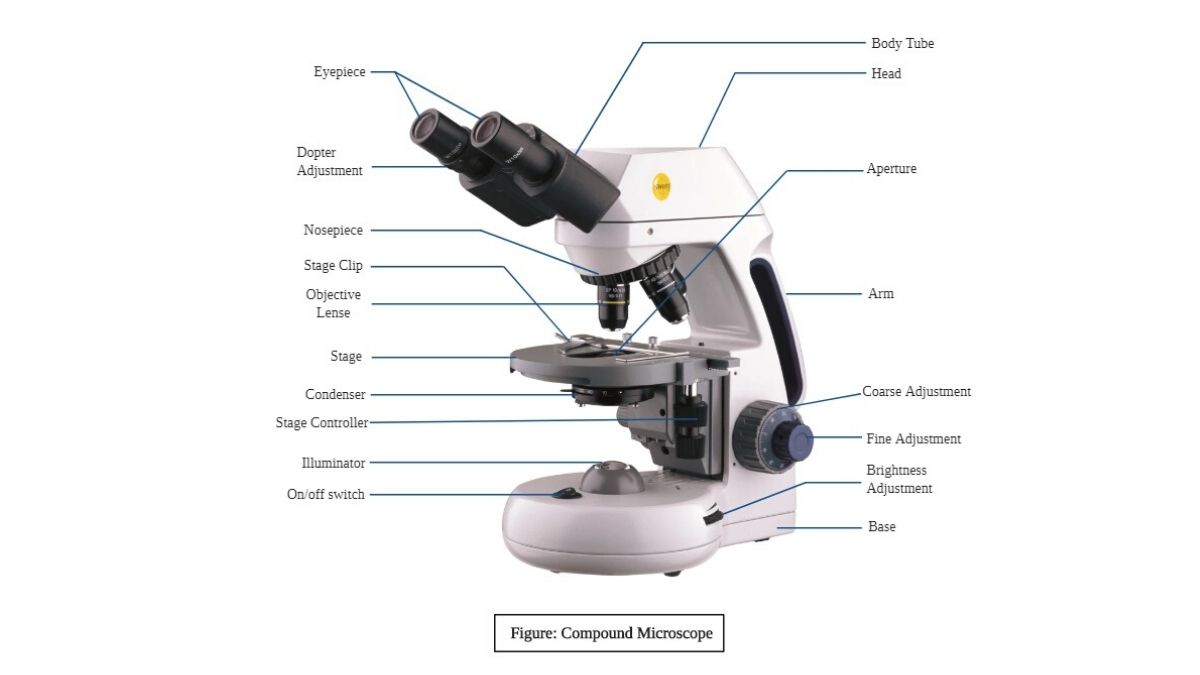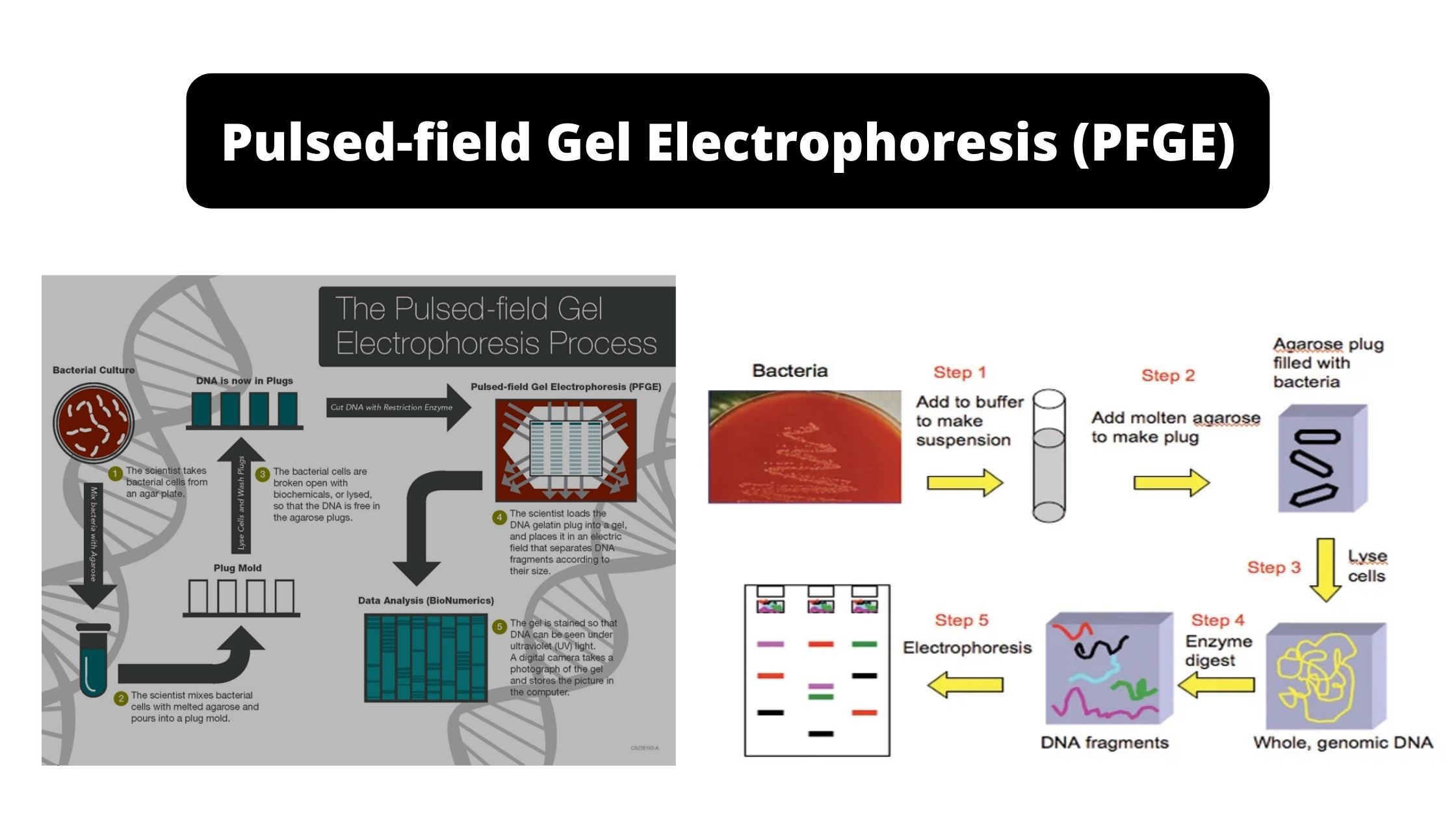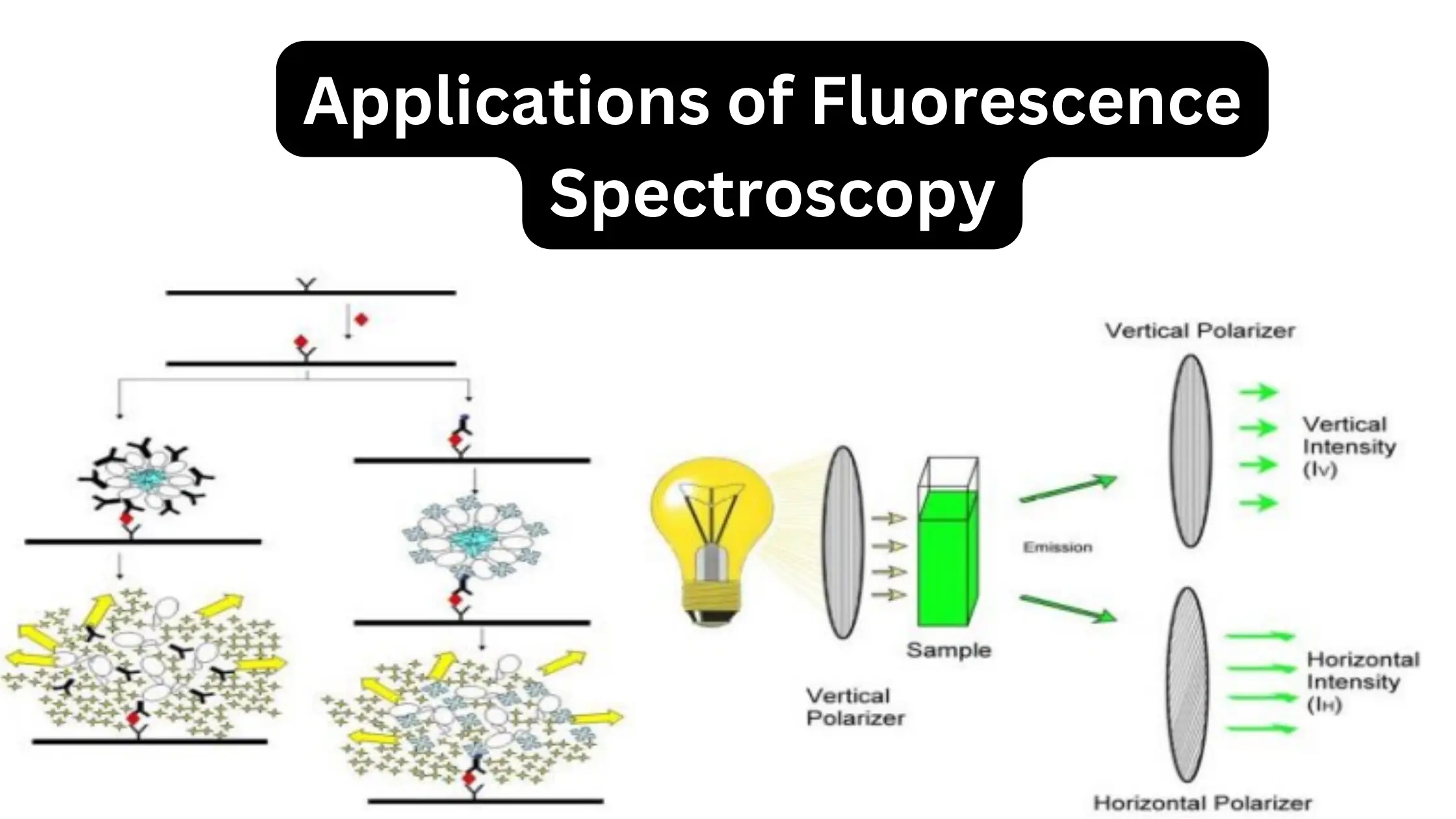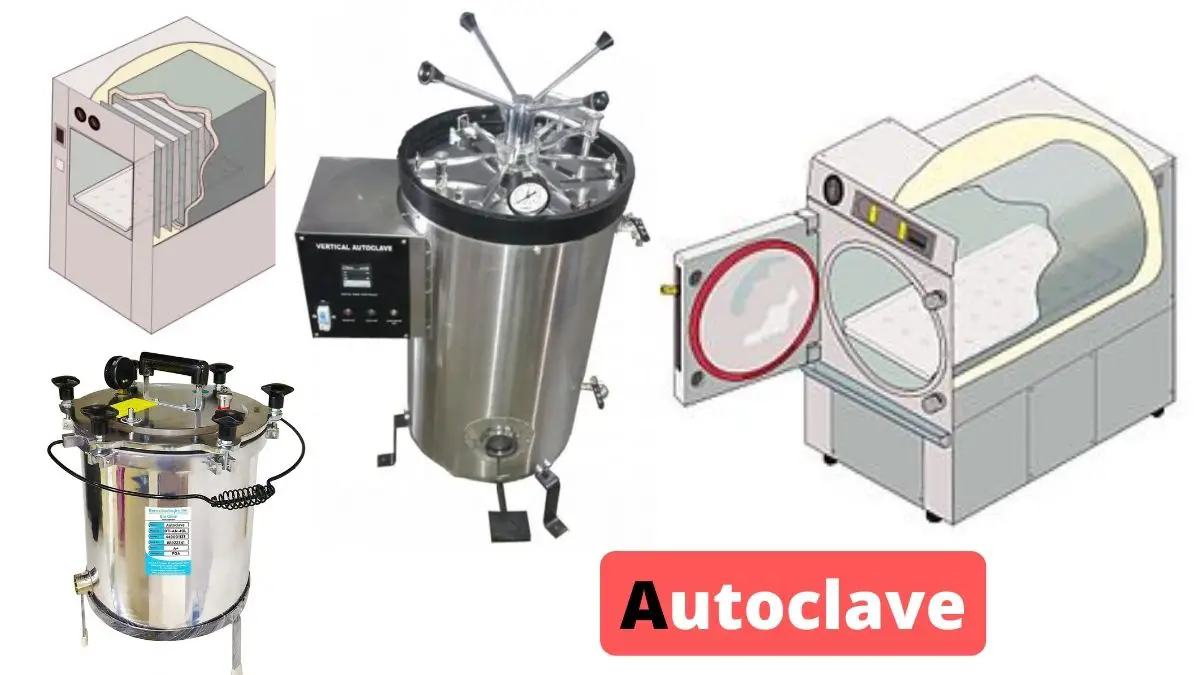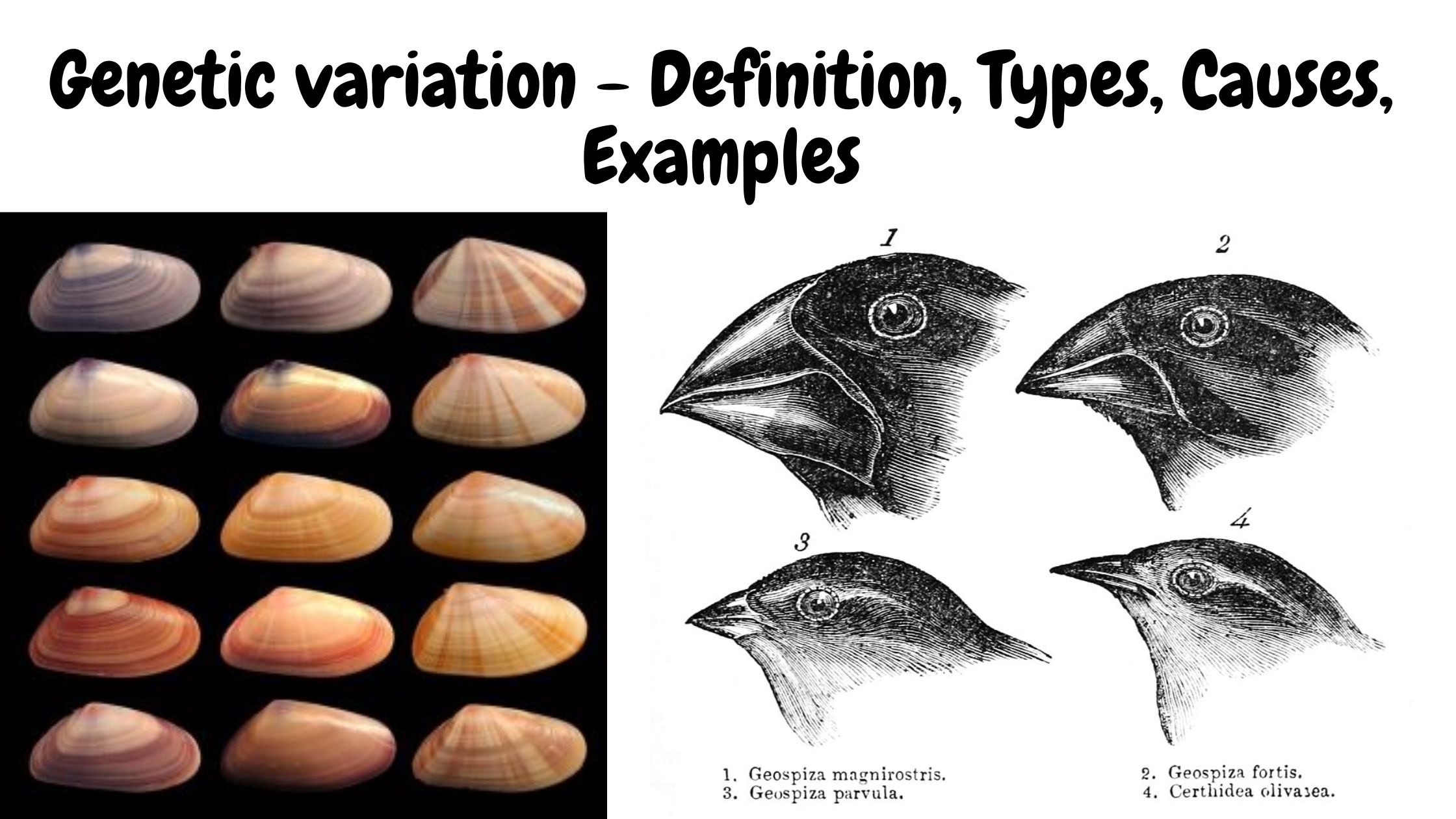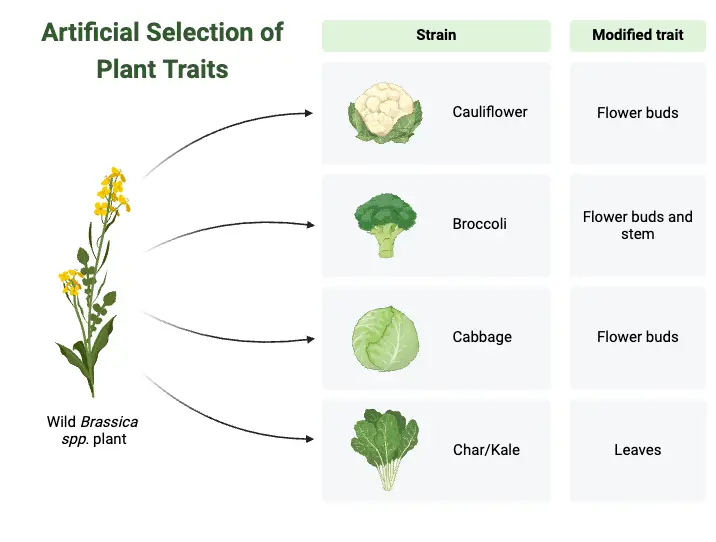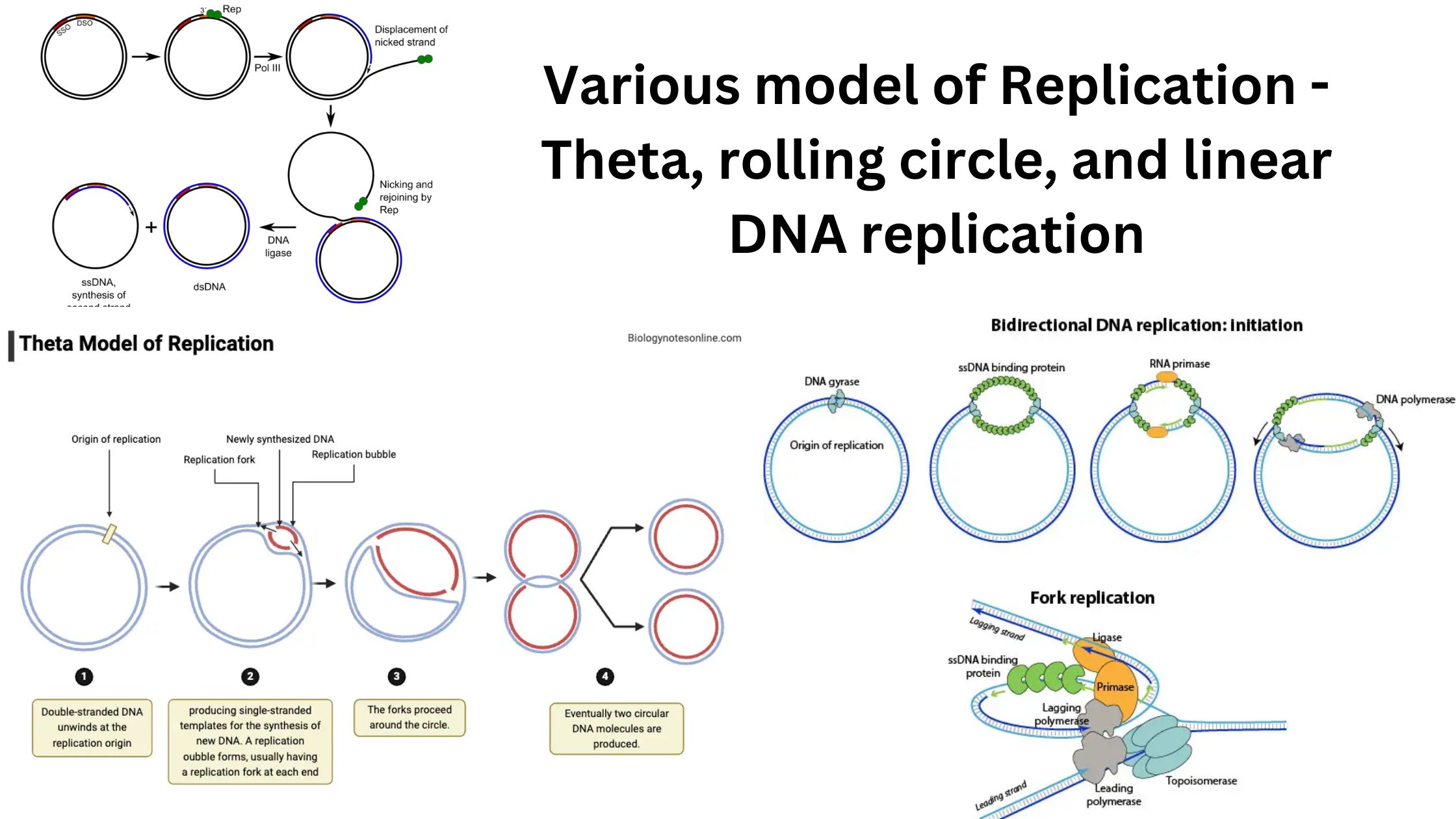Compound Microscope – Principle, Parts, Diagram Definition, Application
What is a Compound Microscope? 3D Model of Compound Microscope Working Principle of Compound Microscope Magnification Power of Compound Microscope The magnification power of compound microscope refers to ratio of size of final image to size of object seen by naked eye. It is obtained by multiplying magnification of objective lens and magnification of eyepiece … Read more
